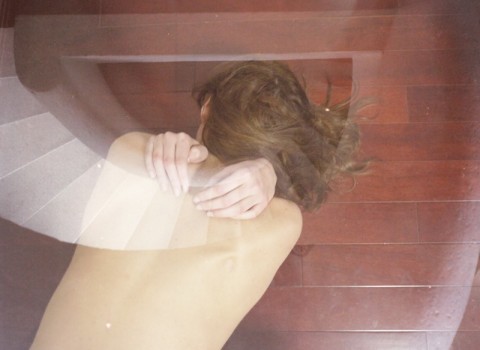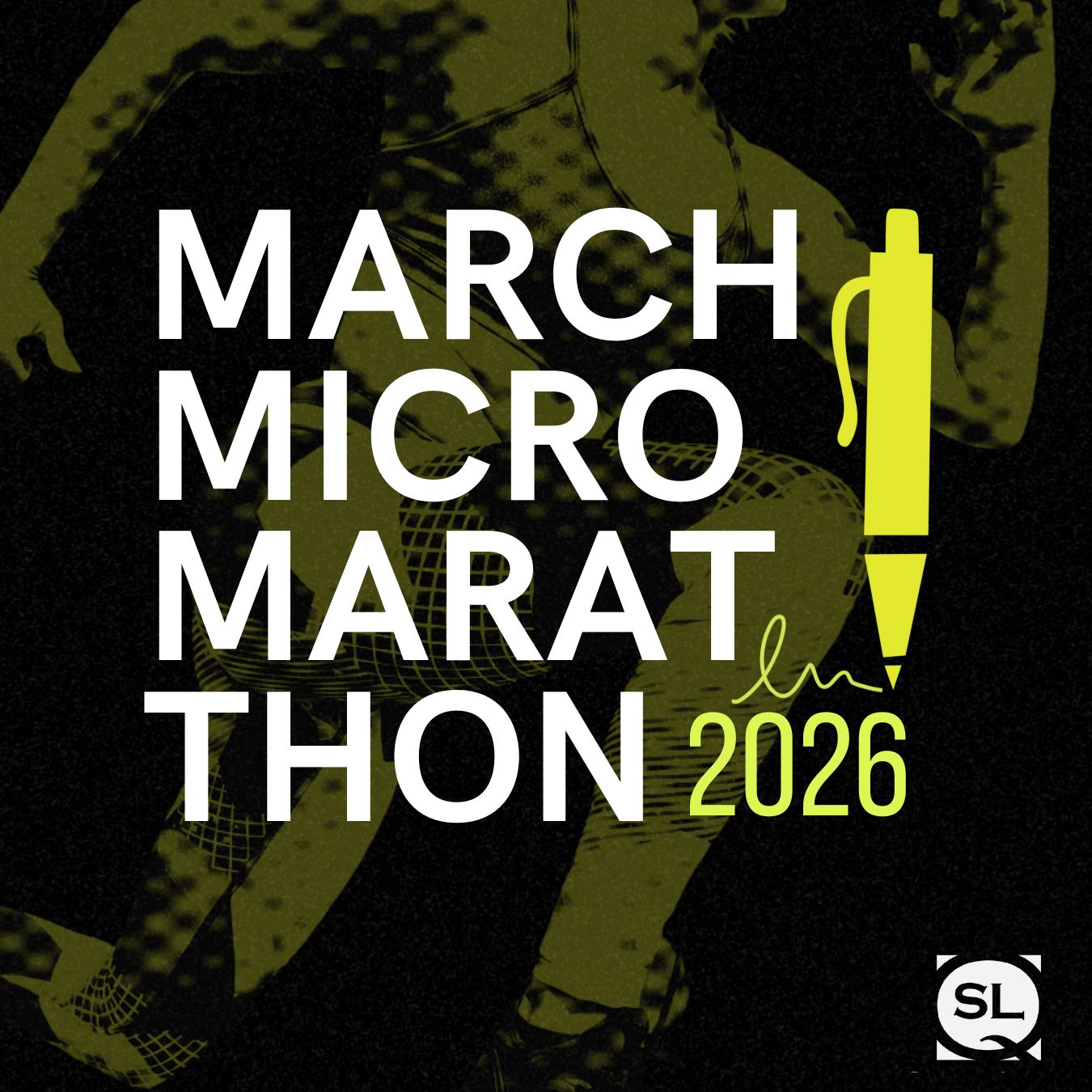“Thirty years I’ve been in San Francisco,” she said, her watery old eyes finding memories beneath the rain-pelted, sodium-yellow streetlights outside, “and I can tell you the tram’s never gone down Powell. No, it hasn’t gone that way at all since I’ve been here. This’s the first time, honey. Always used to be California Street.”
Lia glanced at the old girl’s reflection in the tram window. A weak, confused face set between a pink wooly hat and a coat far thicker than the San Francisco winter merited; dark eyes that helplessly appealed for companionship; a plastic bag overflowing with clothes and fast-food cartons; hands that continually moved their tremor from bag to collar to hat and back again. One of the other passengers said something—“You’re on the wrong line, lady, this is Powell-Mason”—but she took no notice, her mouth moving slackly and silently above her discolored coat collar as she adjusted her bobble-hat once more. Lia wondered if she should get up, but the tram was rocking about in the wind, and she didn’t want to risk a fall.
“Know the way to California Street, honey?”
Lia sighed. “Nope.”
“Ain’t from San Francisco, honey?”
“Nope. Iowa.” Home.
“Everybody knows Iowa!”
“Uh-huh.” They know farms and Des Moines; but Lia knows the limitless immensity of the prairie sky, sometimes blue as a jewel, sometimes black as Satan. The sound of the wind rushing through a thousand acres of corn on a summer’s night. Of threnodies left hanging in the tornado-dropped silence.
“They sure can farm out there!”
“Uh-huh.” They made the good earth give up its grain. They grew corn enough for an army. Until one day a storm, grown from some tiny eddy kicked up in some far-off place, twisted into Iowa and wrung the joy out of life.
“You can always tell if someone’s Iowa-born and bred … Big and strong …”
“Uh-huh.” Lia’s son was tall for a ten-year-old. He could handle a horse, even then.
“Like me, honey. Big, strong girl like me, I could have had babies one after the other … but there was just the one.”
“Uh-huh.” After the tornado had passed, Lia and the boy went outside to survey the damage. Go check the stables, she said, and the boy ran off as fast as his young legs would take him, while Lia started clearing up the branches scattered by the storm.
“Just the one, honey…that’s all…”
“Uh-huh.” She was so angry when she had to go and look for him, an hour later. But when she found him, she blanketed his cold body with kisses of incarnadine.
“Ain’t it windy, honey?”
“Uh-huh.” The horses were still spooked from the storm, they’d said. One of them had kicked out. Not your fault, Lia, they’d said. Nobody’s fault.
“Ain’t it wet?”
Strange thing: as she held him, Lia saw a small, white butterfly flap erratically away from the destruction all around, and wondered how such an insignificant scrap of life could survive, while her big, strong boy did not.
The tram shuddered to a halt.
“This ain’t California Street.”
The tram driver was from Kentucky, and still had Southern manners along with his Southern drawl. “Y’all are welcome to sit right there, ma’am—we’ll be going right back to California Street in just a little while,” he said.
But Lia got up, and gripped her bag tightly in one hand while securing her pink, wooly bobble-hat with the other. She walked carefully towards the tram door, with the shuffle of the old and weary.



 In its third year, The March Micro Marathon will be, as usual, a prompt-a-day whirlwind for 24 days. You’ll exchange drafts of micro fiction, non-fiction, and prose poetry in small groups and gather for a series of online events (all recorded for participants unable to attend live). We’ll finish with 3 competitions, and participants who are not already in SmokeLong Fitness will be invited to workshop with SmokeLong Fitness until the end of April!
In its third year, The March Micro Marathon will be, as usual, a prompt-a-day whirlwind for 24 days. You’ll exchange drafts of micro fiction, non-fiction, and prose poetry in small groups and gather for a series of online events (all recorded for participants unable to attend live). We’ll finish with 3 competitions, and participants who are not already in SmokeLong Fitness will be invited to workshop with SmokeLong Fitness until the end of April!